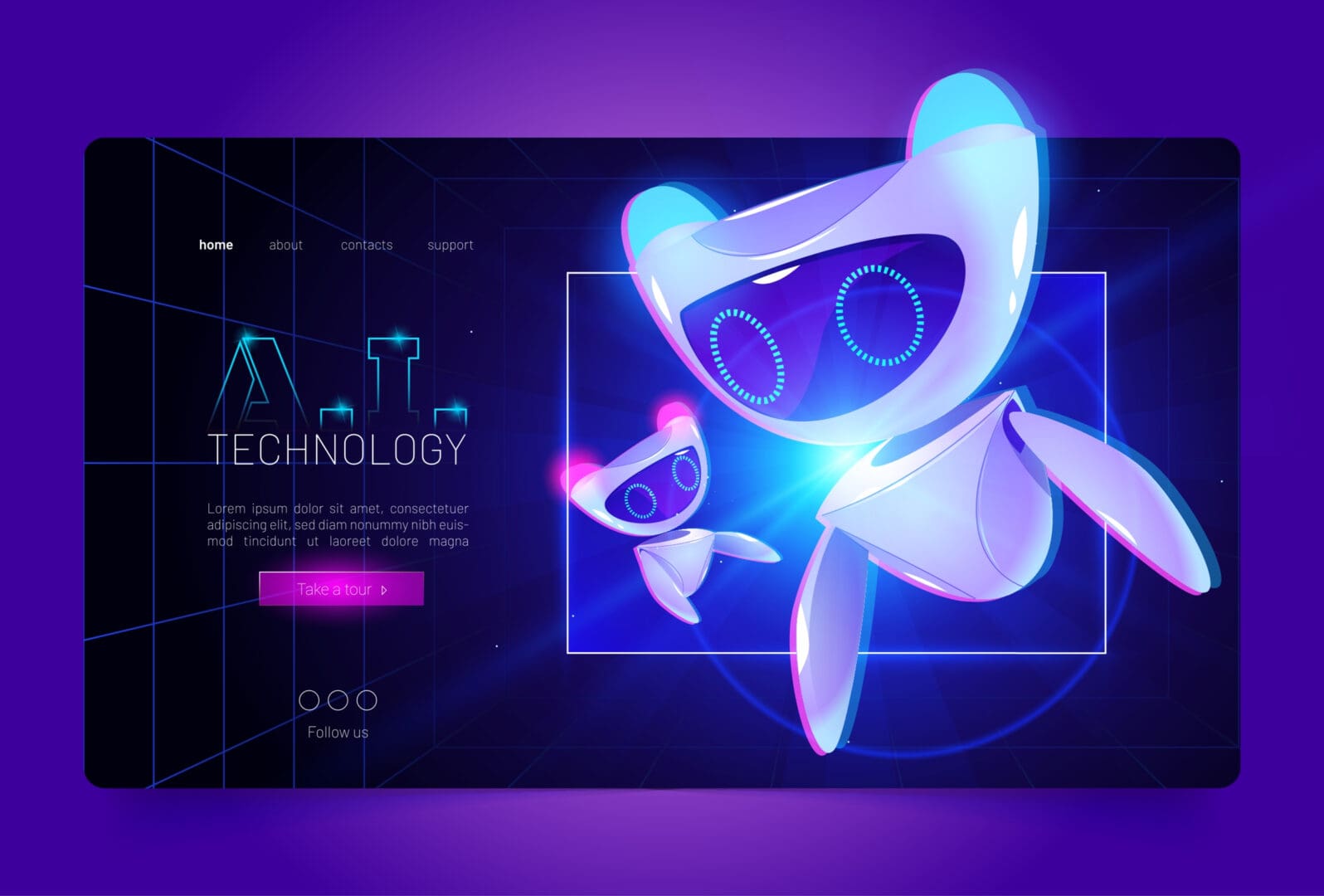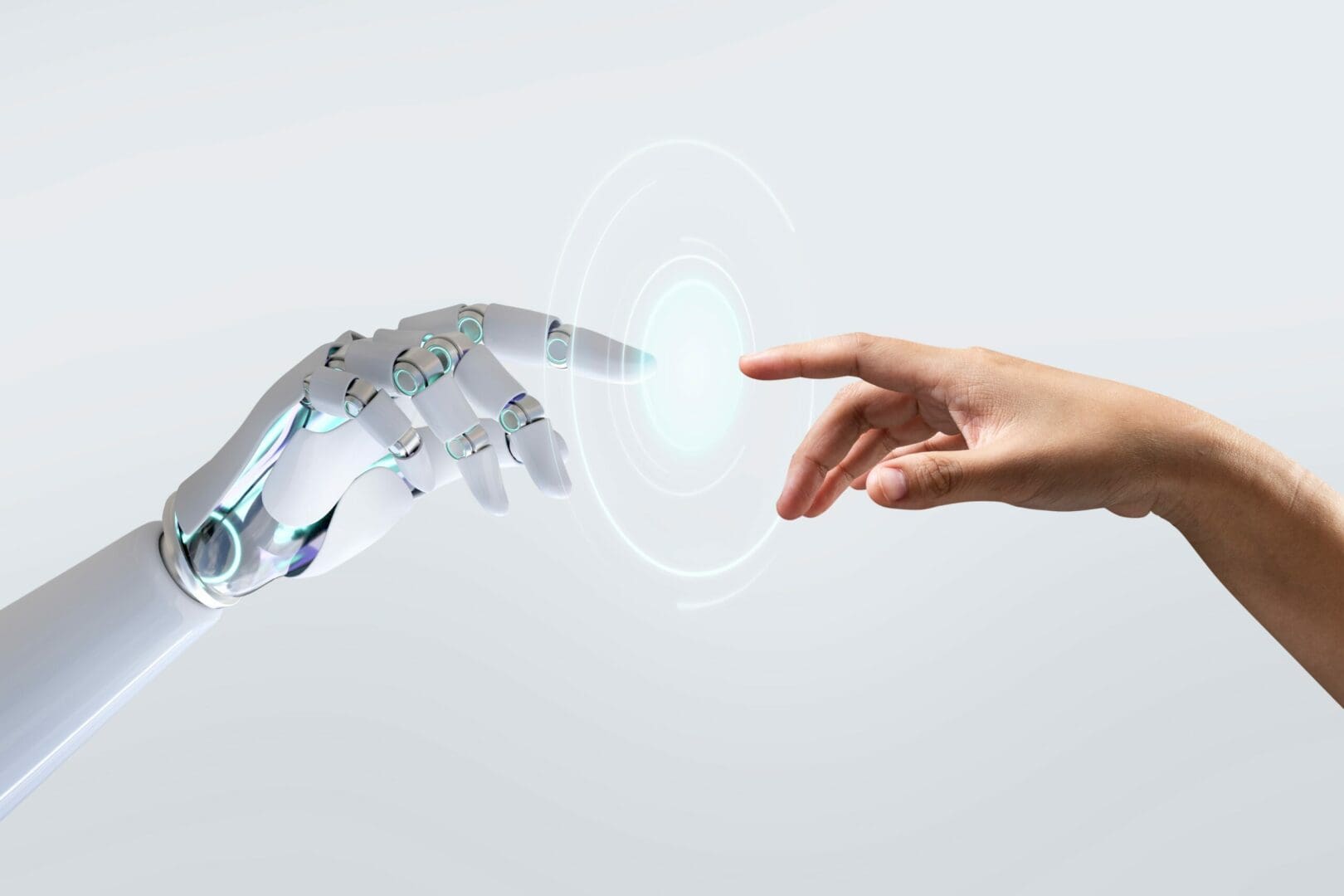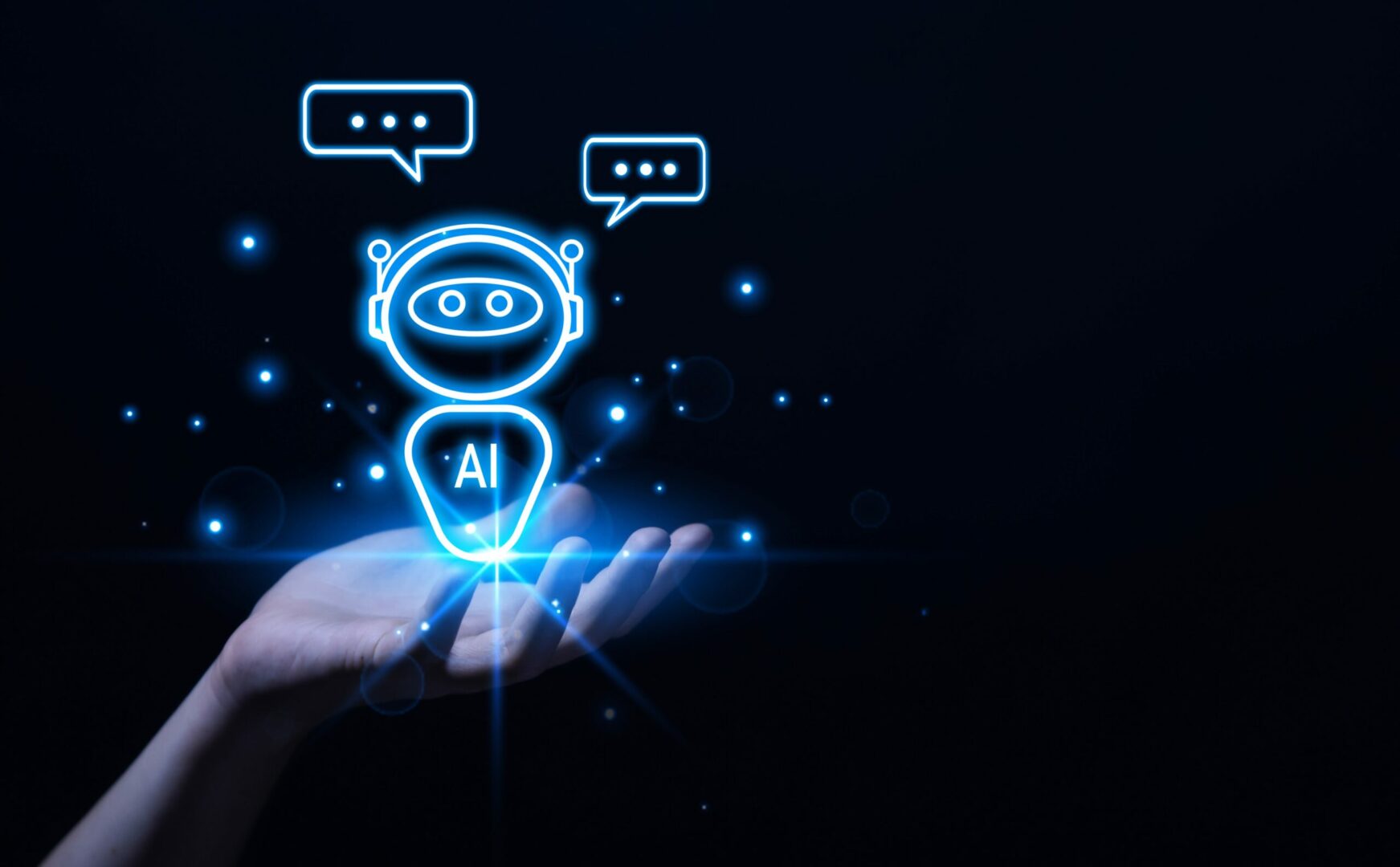With the rapid advancement of Artificial Intelligence (AI) technology, the way we work is undergoing significant changes. While there are concerns about the impact of AI on the job market, it’s important to recognize that AI also creates new opportunities and reshapes existing professions. In this article, we’ll explore several fields and professions expected to undergo substantial changes due to the AI revolution.
Some data before we begin
There have been numerous reports published following the entry of Artificial Intelligence into the job market, and it’s undeniable that one conclusion emerges: the global job market on the verge of upheaval. PwC predicts that by 2035, 30% of the world’s positions will become automated.
This forecast suggests that 66% of managers in the US job market would be willing to replace their workers with AI solutions. 68% of them claim that AI would allow for reduction of employee salaries and financial savings for the company.
When examining this data, there’s no doubt that the job market is poised for a major upheaval. However, it’s important to note that the AI revolution also creates numerous opportunities. Workers who have traditionally been on the production line throughout the day can now reallocate their time to planning and strategy. This means that even workers will need to undergo significant changes themselves and demonstrate abilities that were not previously required, such as task management, strategic thinking, and more.
Which fields and professions will change due to the introduction of AI?
Technological Developments
AI technology enables high-tech companies to develop innovative products and services that were previously considered to be only hypothetical. With AI’s ability to analyze vast amounts of data and identify patterns, companies can gain crucial insights into customer preferences, market trends, and emerging technologies. This allows for the development of tailored and advanced products that meet consumer demands, driving competitiveness and market growth in the high-tech industry.
Data Analysis
High-tech companies generate immense amounts of data, and Artificial Intelligence excels in deriving insights from this information. AI algorithms can analyze complex datasets, identify patterns, and generate actionable insights. This enables companies to make data-driven decisions, streamline processes, and identify new business opportunities. AI-based analytical tools can also help high-tech companies understand customer behavior, refine marketing strategies, and enhance product performance based on real-time feedback.
Cybersecurity
The Israeli economy faces numerous cyber threats, and Artificial Intelligence can provide advanced solutions to tackle these challenges. AI algorithms can identify and respond to potential security breaches in real-time, improving threat detection and prevention capabilities. Additionally, AI can assist in identifying vulnerabilities in systems and networks, allowing proactive measures to mitigate risks. As cyber threats evolve, Artificial Intelligence technology will play a crucial role in safeguarding the economy.
Human Resources
Artificial Intelligence can contribute significantly to the field of human resources through automation, predictive analytics, and candidate data analysis. AI has the ability to streamline various processes in the field, making them faster while improving decision-making processes and the employee experience.
When it comes to recruiting, Artificial Intelligence can automate manual processes, such as reviewing resumes and matching candidates to required positions. Bots can engage with candidates and schedule job interviews, manage an organizational knowledge base designed to serve employees, and more.
Healthcare
AI technology is expected to revolutionize the healthcare sector by improving disease diagnosis and patient treatment plans. While Artificial Intelligence cannot replace healthcare professionals, it can enhance their capabilities and accuracy in their work.
For instance, algorithms powered by Artificial Intelligence can analyze images, identify early signs of diseases, and assist doctors in making more informed decisions. Professionals in the healthcare field will need to adopt Artificial Intelligence as a tool and acquire the necessary skills to ensure optimal patient outcomes and improved efficiency in healthcare services.
Customer Service
Chatbots are becoming increasingly common in the customer service industry – these intelligent systems can handle routine inquiries, provide quick responses, and allow customer service representatives to focus on more complex interactions with customers. Professionals in this field will need to collaborate with AI systems to ensure a smooth and pleasant customer experience.
Agriculture
AI is transforming various industries, including agriculture, education, finance, and manufacturing. In agriculture, robotics, AI, and automated equipment are revolutionizing farming processes. Robots equipped with AI technologies can perform tasks like seeding, planting, harvesting, and weed control with precision and efficiency. These technologies reduce labor costs, increase productivity, and minimize human errors.
AI algorithms can analyze historical and current data to predict crop yields. By considering factors such as weather and soil conditions, AI can provide accurate yield forecasts, enabling farmers to make informed decisions about production planning, crop selection, and marketing strategies.
Additionally, AI technologies like computer vision and various sensors can monitor and analyze the behavior, health, and productivity of livestock. AI systems can identify signs of distress, track feeding patterns and activity, and provide early disease detection. This helps farmers optimize animal welfare, improve cultivation strategies, and enhance productivity.
Education
In education, AI enables personalized learning experiences by analyzing student data. AI algorithms can assess student performance, identify strengths and weaknesses, and tailor learning plans accordingly. This personalized approach enhances engagement, improves learning outcomes, and accommodates different learning styles.
Smart learning systems powered by AI provide students with personalized support and feedback. These systems can simulate one-on-one tutoring by adapting to students’ needs, answering questions, and providing explanations. Smart tutoring systems can identify knowledge gaps, track progress, and offer targeted interventions, making learning more effective and efficient.
Finance
In the finance sector, AI algorithms have significantly influenced tasks like data analysis, risk assessment, and portfolio management. Financial analysts will need to adapt their skill sets to leverage AI’s power for better decision-making. They will work alongside AI systems, using their expertise to interpret insights, verify recommendations, and identify unique investment opportunities. Their role will focus more on strategic planning, relationship management, and providing personalized financial advice.
Production and Manufacturing
In the production and manufacturing domain, AI and automation have already brought significant changes. As AI continues to evolve, it will increasingly control routine tasks in production lines. This shift will require manufacturing employees to adapt to roles that demand technical expertise and collaboration with AI-powered machines. Workers will collaborate with AI systems, ensuring smooth operations and meticulous quality control.
At Infinity Labs R&D
Our career path involves training individuals in software development, cybersecurity, DevOps and AI. We collaborate with over 300 tech, security, and startup companies in Israel, providing them with skilled professionals.
Our business model is based on partnership, where everyone benefits:
You – do not pay for the training program, during which you will be interviewed for jobs with one of our clients.
We – finance your training program and afterwards when you start working for one of our clients, this is how we get a return on our investment in the process.
Customers – benefit from Infinity Labs R&D graduates who provide professional and high-quality solutions and stay for the long term.
The AI Career Path program is designed to create future AI leaders
Throughout the AI training, participants learn AI-driving technologies like Machine Learning and Deep Learning, develop advanced models, and implement them.
Upon completion, graduates will join R&D teams as AI specialists, leading and advancing the AI landscape in the company.



